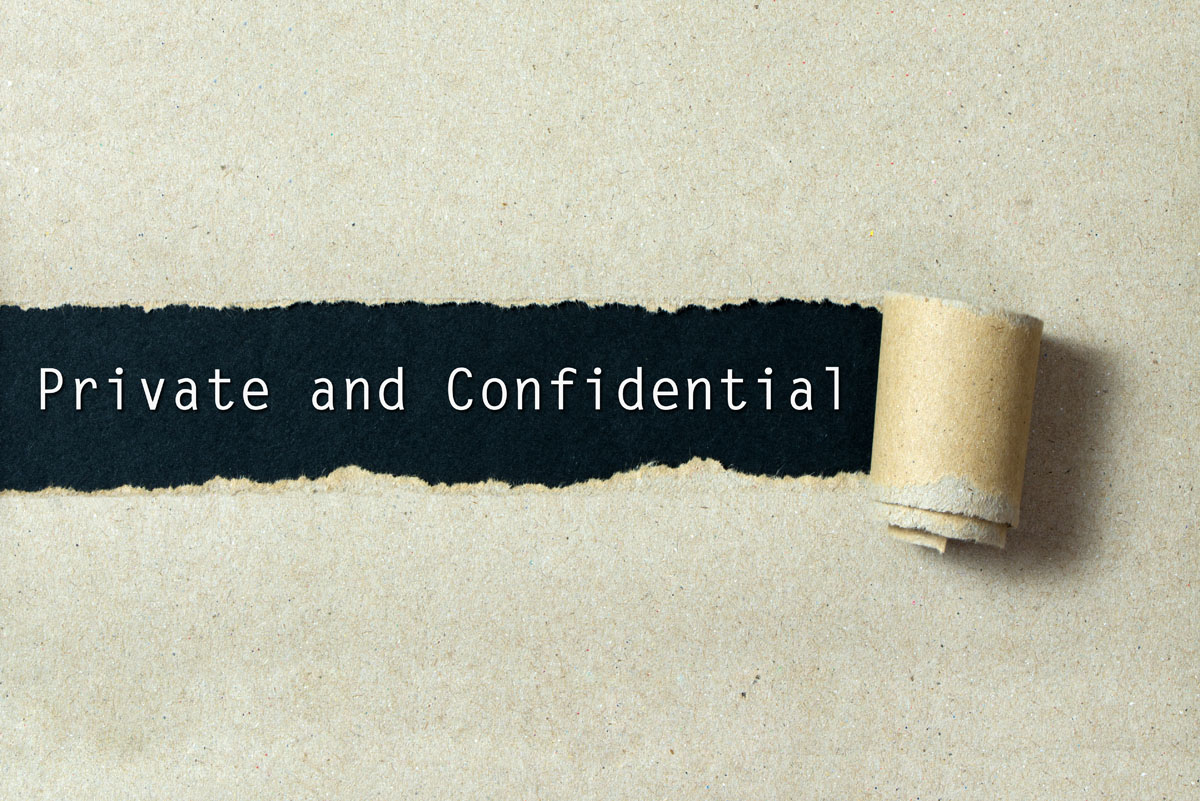Let’s be honest, talking about sex and sexual health with health professionals can be awkward. But if you’re having sex, or thinking about having sex, it’s important to be able to have these conversations with your doctor, so you can have healthy and enjoyable sexual relationships now or in the future. To help make it as relaxed as possible we’re going to tell you why you shouldn’t worry, and give you some pointers for your next visit.
It’s your doctor’s job to talk about this stuff
Doctors are trained to provide you with the right sexual health advice and tests. They talk about sexual health and related topics with their patients all the time, so there’s no need to feel like you’re the first person in the world to bring up this subject with them. Remember, your doctor wants to help you and it’s their job to assist you in staying healthy and happy.

Your consult is confidential
Everything you discuss with your doctor is completely confidential, and that includes if you’re under 18. By law, doctors can’t discuss what you’ve talked about in the consultation with anyone without your permission – not even your parents or guardians. Only under the most serious circumstances can that confidentiality be broken and that’s only if the doctor believes that you’re at significant risk of harm to yourself or others, or you are in danger. The laws about privacy and confidentiality are there to help you, and understanding them means that you can be open with your doctor and not feel embarrassed or afraid. It’s important to be honest with your doctor, so they can provide you with the right information and help you the best they can.

Find a doctor you feel comfortable with
If you don’t feel comfortable seeing the doctor you’ve been seeing your whole life, you can always see a different doctor, in a completely different medical centre even. Some people find it easier to talk to a new doctor, while others prefer seeing their family doctor who knows their background – it’s totally up to you. Also, some people have a preference as to whether they see a male doctor or a female doctor, and that’s something you can request when making your appointment.
For those who identify as LGBTI (lesbian, gay, bisexual, transgender or intersex) or who are questioning their sexual or gender identity, it can feel even more challenging to find a doctor you feel comfortable talking openly with. There are however many LGBTI friendly doctors and services available, and QLife can help you find them.

Book a long appointment
If you have a few questions you want to ask the doctor, booking a long appointment can be a good idea. Just ask the receptionist when you make the appointment for a ‘long appointment’ which is usually a 20-30 minute slot rather than 10-15 minutes. This gives you time to ask your questions and not feel like you need to rush. When you see the doctor, start by saying you have a few questions you’d like to go through with them in the consult. That way the doctor will know there’s more than one thing you’d like to cover.

Write down what you want to discuss before your consult
It’s okay to feel nervous before and also during your doctors’ appointment, though this can sometimes make it hard to remember everything you wanted to discuss. A handy trick is to write each point down beforehand, and then take the list with you to your appointment. That way, if you get nervous, you can refer back to your list and you won’t miss anything. If you’re super nervous, you could even hand the list to the doctor and they can start the discussion around each item for you.

Your doctor can’t read your mind
Often people say “the doctor never asked, so I didn’t mention it”, however, your doctor can’t read your mind! If you have a question or something on your mind, you need to speak up and let them know during your consult. That also goes for if the doctor says something that you don’t quite understand. Ask them to explain it again or for some printed information which you can take away with you.

Don’t be afraid to ask questions
Your time with your doctor is your opportunity to ask questions. It might feel awkward, but no matter how embarrassing or silly you may think your questions are, most likely your doctor has heard them all before and won’t be fazed by them. It’s their job to know all about the human body and any problems you may have. They are there to provide you with, or to help you find, the correct answers.

Putting off seeing the doctor will only make things more awkward for you
When it comes to your health, avoiding things is never a very good idea. Sure, you may feel nervous and awkward talking to your doctor about, for example, safe sex methods or getting a sexual health check-up, but imagine how much more awkward it would be to find out that you have a sexually transmissible infection (STI) but didn’t know it. It’s never too late to see your doctor to discuss sexual health and to have regular sexual health check-ups (at least yearly), however, the earlier you start the better.

You won’t be out of pocket
If you have a Medicare card many doctors will bulk-bill you. ‘Bulk-billing’ means the total cost of your visit is covered by Medicare, and you don’t need to pay anything. You can check when you make an appointment – ask the receptionist if they bulk-bill or if there will be a fee. Many medical practices bulk-bill so if your doctor doesn’t and this is an issue for you, try another one. Take your Medicare card with you to your appointment. If you don’t have your own card, you may be listed on your parent’s or guardian’s card – either write down the number of that card or ask the receptionist to look up your number for you. You can also apply for your own Medicare card from the age of 15.

Take a buddy with you
Lastly, if you’ve nervous about seeing the doctor on your own, take a buddy with you. Ask someone you trust, feel comfortable with, and who will be able to support you best – such as a friend, your brother/sister or your partner.

Whether you’re seeing the doctor for a sexual health check-up, contraception options or to ask questions about safe sex or STIs – whatever the reason, hopefully we’ve helped dial back the awkward for you.




